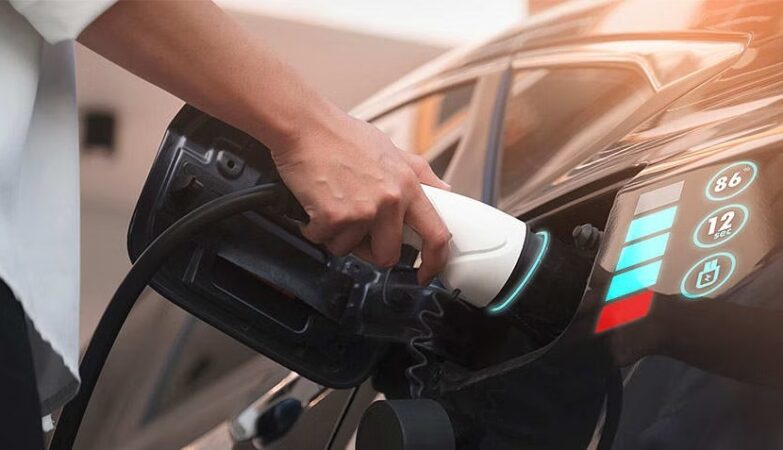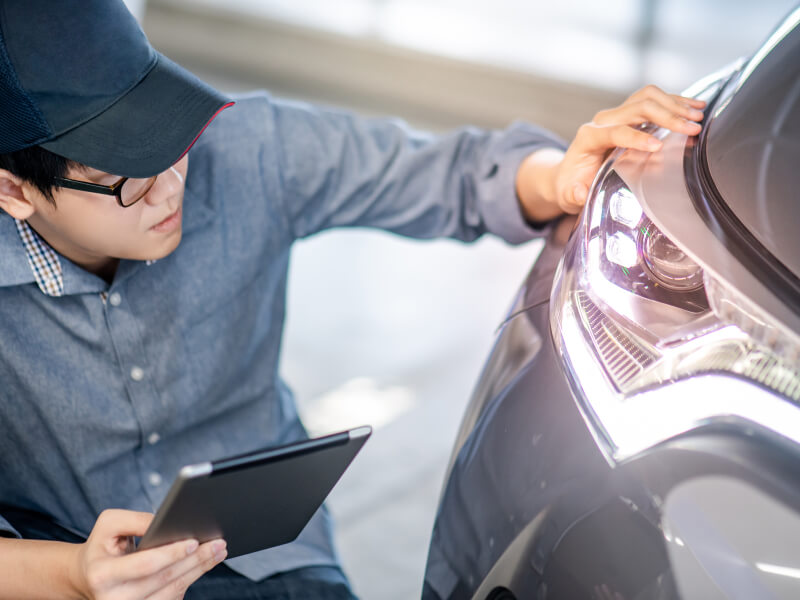[ad_1]
Automotive technology has come a long way over the past century. From the invention of the first gasoline-powered car to the emergence of electric and autonomous vehicles, the automotive industry has continuously evolved to meet the changing needs and demands of consumers.
One of the most significant advancements in automotive technology is the development of electric vehicles (EVs). With concerns over climate change and the need to reduce greenhouse gas emissions, EVs have gained popularity in recent years. These vehicles are powered by electricity, making them more environmentally friendly and sustainable compared to traditional gasoline-powered cars. Additionally, electric vehicles offer several benefits such as lower fuel costs, reduced maintenance needs, and a smoother driving experience.
Another notable trend is the rise of autonomous vehicles. These self-driving cars are equipped with advanced sensors, cameras, and artificial intelligence software that allow them to navigate the roads without human intervention. While the concept of autonomous vehicles may seem like a distant idea from science fiction, several companies, including Tesla and Waymo, have made significant progress in developing this technology. The potential benefits of autonomous vehicles include improved road safety, reduced traffic congestion, and increased mobility for people with disabilities.
Furthermore, automotive technology has also made strides in improving the overall driving experience. Features such as advanced driver-assistance systems (ADAS) have become increasingly common in modern vehicles. ADAS includes technologies like lane-keeping assist, automatic emergency braking, and adaptive cruise control, which enhance safety and convenience for drivers. These features have the potential to reduce accidents and make driving more accessible to a wider range of individuals.
Moreover, automotive technology has revolutionized the way we connect with our vehicles. The advent of connectivity features, such as Apple CarPlay and Android Auto, has allowed drivers to seamlessly integrate their smartphones into their cars’ infotainment systems. This integration enables drivers to access their music, maps, and even voice-controlled assistance, all without compromising their safety and attention on the road. Additionally, advancements in infotainment systems have provided drivers with real-time traffic updates, weather information, and hands-free calling capabilities, enhancing the overall driving experience.
In recent years, automotive technology has also shifted focus towards enhancing sustainability and efficient fuel consumption. Hybrid vehicles, which utilize both an internal combustion engine and an electric motor, have become increasingly popular. These vehicles offer improved fuel economy and reduced emissions, making them a more environmentally friendly alternative to traditional gas-powered cars. In addition to hybrid cars, hydrogen fuel cell vehicles are also being developed as a potential solution for sustainable transportation. These vehicles use hydrogen to generate electricity, emitting only water vapor as a byproduct.
As automotive technology continues to evolve, new opportunities and challenges arise. The industry is constantly exploring innovative solutions to improve efficiency, reduce emissions, and enhance safety. Whether it is through the development of electric and autonomous vehicles or the integration of connectivity and infotainment features, automotive technology continues to shape the future of mobility.
In conclusion, the automotive industry has experienced significant advancements in technology over the years. From the emergence of electric and autonomous vehicles to the integration of connectivity features, automotive technology has transformed the way we drive and interact with our vehicles. With a focus on sustainability, efficiency, and safety, the industry is poised to continue pushing boundaries and revolutionizing transportation in the years to come.
[ad_2]






